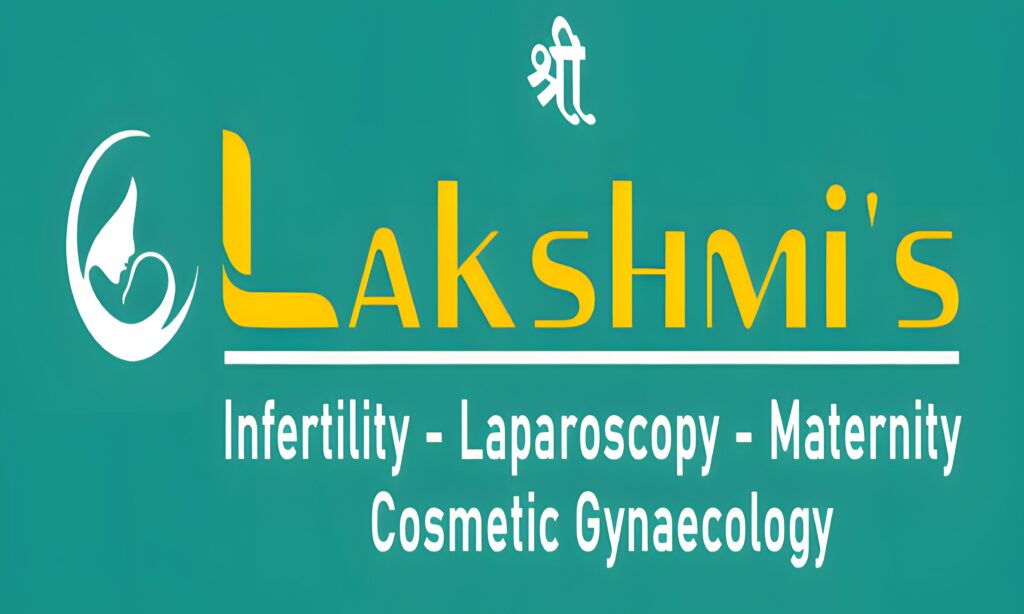High-Risk Pregnancy & Deliveries

High-risk pregnancies pose significant challenges and potential complications for both the mother and the unborn child. Various factors contribute to the classification of a pregnancy as high-risk, necessitating specialized care and management to ensure optimal outcomes.
Contributing Factors to High-Risk Pregnancies
Maternal Health Conditions: Pre-existing medical conditions such as diabetes, hypertension, autoimmune disorders, or maternal age over 35 can increase the risk of complications during pregnancy and delivery.
Previous Pregnancy Complications: Women who have experienced issues like preterm birth, preeclampsia, gestational diabetes, or multiple miscarriages in previous pregnancies are at higher risk in subsequent pregnancies.
Fetal Health Concerns: Conditions such as fetal growth restriction, genetic abnormalities, or multiple gestations elevate the risk level of a pregnancy, requiring careful monitoring and management.
Placental Disorders: Disorders affecting the placenta, such as placenta previa or placental abruption, can lead to bleeding complications during pregnancy and delivery, posing risks to both mother and baby.
Management and Care
Specialized Prenatal Monitoring: High-risk pregnancies demand closer monitoring through more frequent prenatal visits, specialized tests (e.g., ultrasounds, fetal monitoring), and consultations with maternal-fetal medicine specialists.
Medical Interventions: Depending on the specific risk factors involved, medical interventions such as medications to manage conditions like gestational diabetes or hypertension may be necessary to mitigate risks.
Preventive Measures: Lifestyle modifications, dietary adjustments, and adherence to prescribed treatments are essential components of managing high-risk pregnancies to reduce the likelihood of complications.
Delivery and Postpartum Considerations
Birth Planning: Collaborative decision-making between the healthcare team and the expectant mother regarding the mode and timing of delivery is crucial to optimize outcomes for both mother and baby.
Neonatal Care Preparedness: Anticipation of potential neonatal complications necessitates arrangements for immediate access to neonatal intensive care facilities and specialists in case of emergency.
Postpartum Monitoring: Continued monitoring and support in the postpartum period are essential to address any lingering health issues for both the mother and the newborn.
In essence, high-risk pregnancies require comprehensive and multidisciplinary care to navigate potential challenges and ensure the best possible outcomes for both maternal and fetal health.
